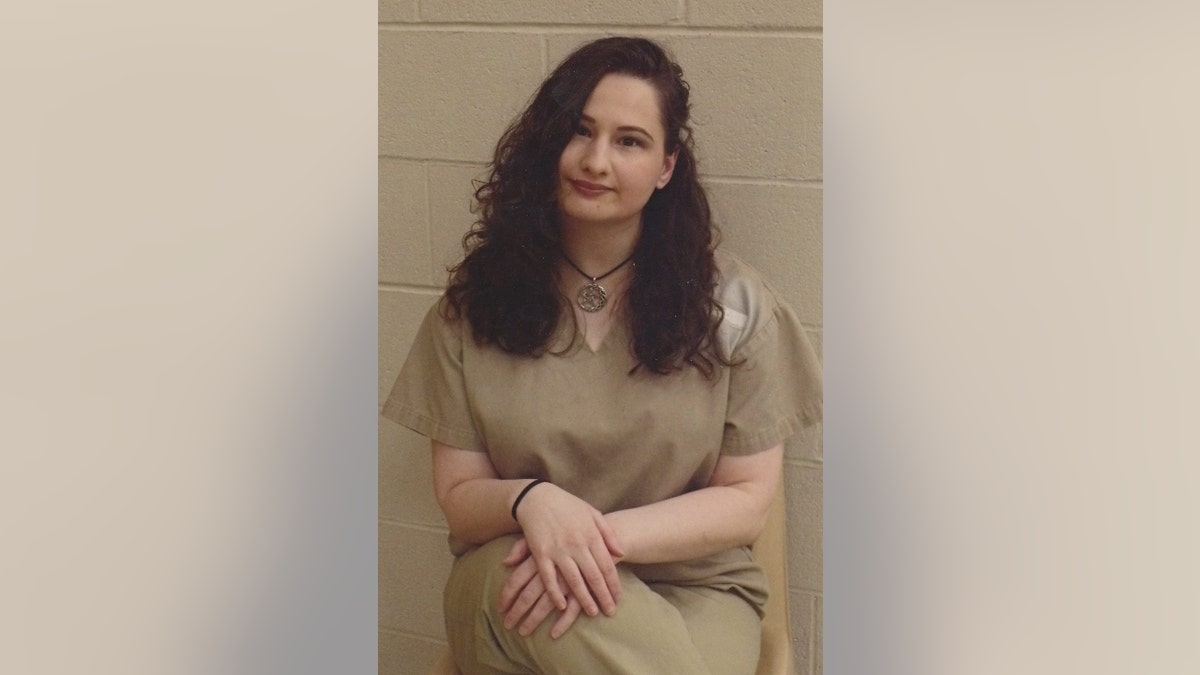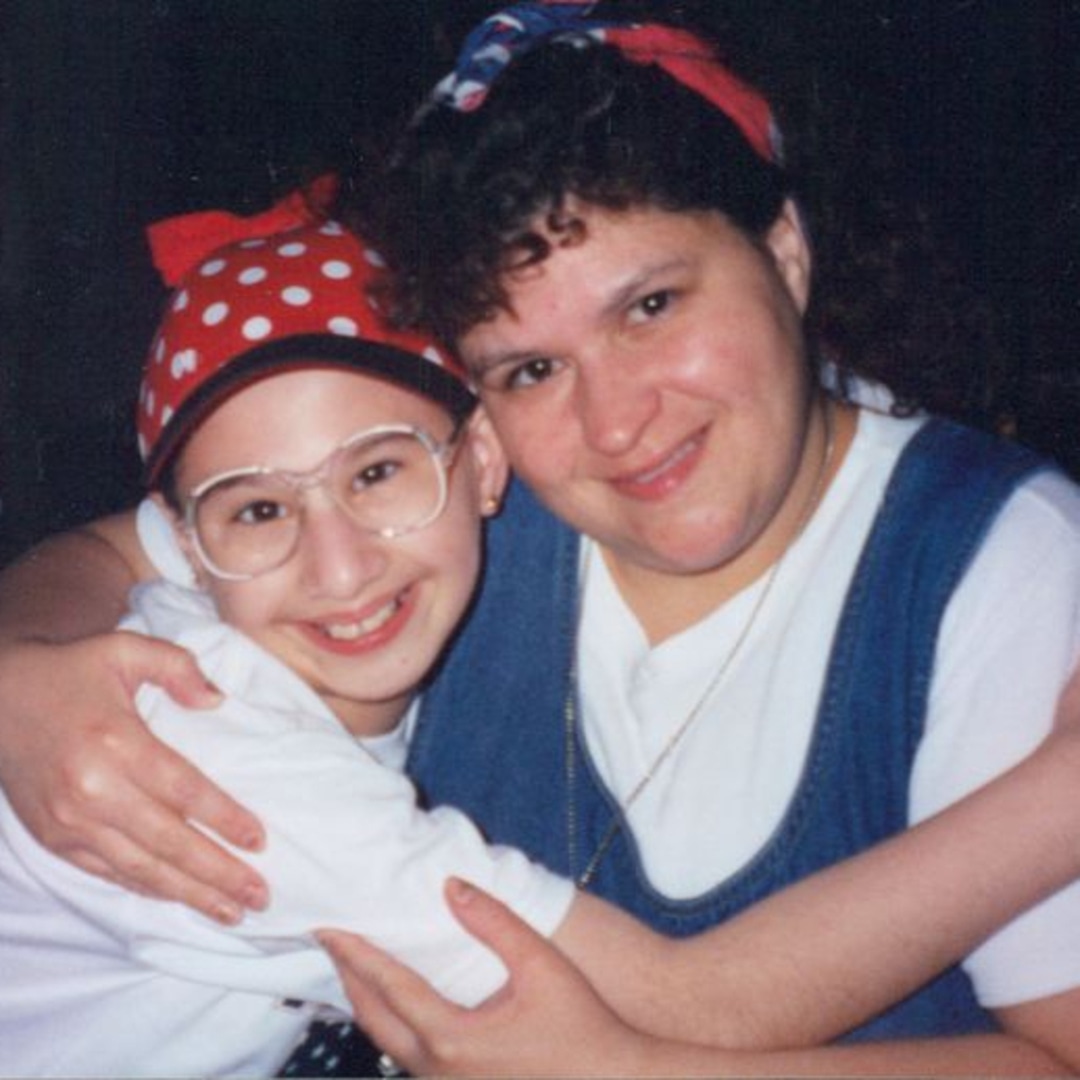The story of Gypsy Rose Blanchard remains one of the most haunting and thought-provoking true crime cases of recent times. It is a tale that combines elements of deception, mental health struggles, and a tragic act of violence. This article delves into the murder of Dee Dee Blanchard, Gypsy’s mother, exploring the complex circumstances that led to this shocking event. We will examine how this case has sparked important discussions about abuse, trust, and the nature of familial relationships. Additionally, we will analyze the media's portrayal of the case, the infamous images that emerged, and the broader societal implications that continue to resonate with audiences worldwide.
The origins of Gypsy Rose Blanchard’s story lie in the actions of her mother, Dee Dee Blanchard, who was later diagnosed with Munchausen syndrome by proxy. This rare mental health condition compels caregivers to either feign or induce illness in those under their care. The manipulation and control exerted by Dee Dee over her daughter created a deeply toxic environment that profoundly impacted Gypsy’s childhood. The murder of Dee Dee in 2015 sent shockwaves through the community and brought the case into the global spotlight, raising critical questions about the effects of parental control, mental health, and abuse.
In this detailed exploration, we will uncover the biography of Gypsy Rose Blanchard, analyze the events leading up to the murder, examine the graphic images and media coverage surrounding the case, and reflect on the broader societal lessons that emerge from this harrowing narrative. By the end of this article, readers will gain a deeper understanding of the complexities of this case and the profound lessons it offers about trust, autonomy, and the sometimes turbulent dynamics of family relationships.
Read also:Exploring The Magical World Of Maple Star Nobara
Table of Contents
- Biography of Gypsy Rose Blanchard
- Dee Dee Blanchard: The Controlling Mother
- The Murder of Dee Dee Blanchard
- Motive Behind the Murder
- Murder Pictures and Media Coverage
- The Court Case and its Aftermath
- Mental Health Implications
- Conclusion
A Closer Look at Gypsy Rose Blanchard’s Life
Gypsy Rose Blanchard was born on July 27, 1991, in Baton Rouge, Louisiana. From an early age, she was thrust into a life dominated by her mother's manipulative behavior, as Dee Dee went to great lengths to portray her daughter as severely ill. Below is a summary of key aspects of Gypsy's life:
| Date of Birth | July 27, 1991 |
|---|---|
| Mother | Dee Dee Blanchard |
| Notable Illnesses (as claimed) | Muscular dystrophy, leukemia, and various other fabricated conditions |
| Current Status | Released from prison, actively advocating for victims of abuse |
Dee Dee Blanchard: The Manipulative Caregiver
Dee Dee Blanchard was not merely Gypsy’s mother; she was also her primary caregiver and, tragically, her abuser. Dee Dee exhibited classic symptoms of Munchausen syndrome by proxy, which drove her to fabricate illnesses for her daughter. This condition created an environment where Gypsy was robbed of a normal childhood. Key aspects of Dee Dee's behavior include:
- Dee Dee falsely claimed that Gypsy suffered from a wide range of health issues.
- She skillfully manipulated medical professionals into believing these false claims.
- Gypsy underwent numerous unnecessary surgeries and treatments as a result.
- Dee Dee meticulously controlled Gypsy’s interactions with the outside world, isolating her from friends, family, and potential support systems.
The Tragic Murder of Dee Dee Blanchard
On June 14, 2015, Dee Dee Blanchard was discovered dead in her home. Gypsy, who was 24 at the time, was found alongside her boyfriend, Nicholas Godejohn, who later confessed to the crime. The murder was both shocking and deeply disturbing, raising many questions about the immense pressure Gypsy endured under her mother's abusive control. Notable details of the case include:
- Court documents revealed that the crime was premeditated.
- Gypsy had been meticulously planning her escape from her mother’s suffocating control.
- Evidence strongly suggested that Nicholas played a significant role in the murder.
Unpacking the Motive Behind the Murder
The driving force behind the murder was Gypsy’s desperate desire for freedom from Dee Dee’s oppressive dominance. Gypsy, who had been led to believe she was chronically ill her entire life, found solace in Nicholas, who promised her a chance at a normal life away from her mother. The primary motives for the crime include:
- Gypsy's yearning for independence and autonomy.
- Years of relentless psychological and physical abuse at the hands of her mother.
- The manipulation and control exerted by Dee Dee, which left Gypsy feeling trapped and hopeless.
The Role of Images and Media in Shaping the Narrative
The images that surfaced during the investigation and subsequent media coverage played a pivotal role in shaping public perception of the case. These graphic visuals not only revealed the crime scene but also highlighted the emotional turmoil Gypsy endured throughout the ordeal. Important aspects of the media coverage include:
- Graphic crime scene images were leaked and widely circulated online, capturing the public’s attention.
- Media outlets often sensationalized the story, focusing more on the sensational aspects rather than the deeper issues at play.
- Gypsy's narrative was overshadowed by the shocking nature of the crime, detracting from the broader context of abuse and mental health struggles.
The Legal Proceedings and Their Aftermath
Both Gypsy and Nicholas were charged in connection with Dee Dee's murder. Gypsy eventually accepted a plea deal, resulting in a reduced sentence. The court case sparked significant discussions about abuse, mental health, and the complexities of the legal system. Key points from the trial include:
Read also:Understanding Plumpy Mage A Lifesaving Solution For Child Malnutrition
- Gypsy received a 10-year sentence, which many argued was excessively harsh given her circumstances as a victim of prolonged abuse.
- The case highlighted the urgent need for a better understanding of Munchausen syndrome by proxy and its devastating effects on victims.
- Advocacy for Gypsy’s story has fueled discussions about the rights of victims and the importance of recognizing their voices within the legal system.
The Broader Mental Health Implications
The Gypsy Rose Blanchard case has sparked vital conversations about mental health, particularly concerning the long-term effects of abuse on victims. It raises important questions about how society perceives and supports individuals who have endured such traumatic circumstances. Key implications include:
- The pressing need for improved mental health resources tailored to victims of abuse.
- The importance of recognizing and effectively treating conditions like Munchausen syndrome by proxy to prevent similar tragedies in the future.
- Advocacy for victims to have a stronger voice in the legal system, ensuring their experiences and needs are adequately addressed.
Reflecting on the Complexities of the Gypsy Rose Blanchard Case
In conclusion, the case of Gypsy Rose Blanchard and the murder of her mother Dee Dee is a deeply layered narrative that intertwines themes of abuse, mental health struggles, and the quest for autonomy. As we reflect on this tragic story, it is crucial to approach it with empathy and a desire to understand the broader issues at play. We encourage readers to share their thoughts in the comments section, explore related articles, and continue engaging in meaningful discussions about these critical topics.
Thank you for reading, and we hope you return for more insightful articles on true crime and mental health awareness.


